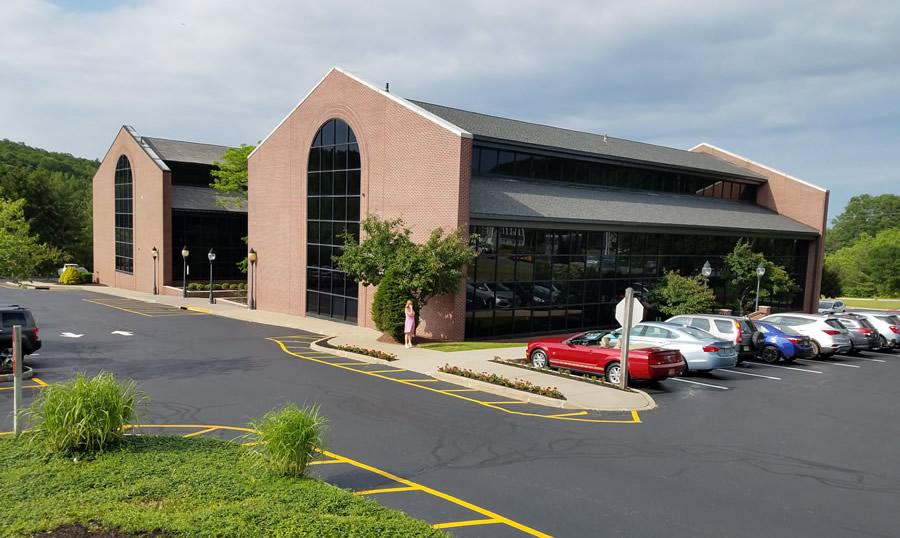Varicose veins are the larger, often bulging and twisting veins you often see on legs. They can be very painful or simply annoying. If you’re wondering, will Medicare cover your varicose vein treatment, this blog post contains information you need...



